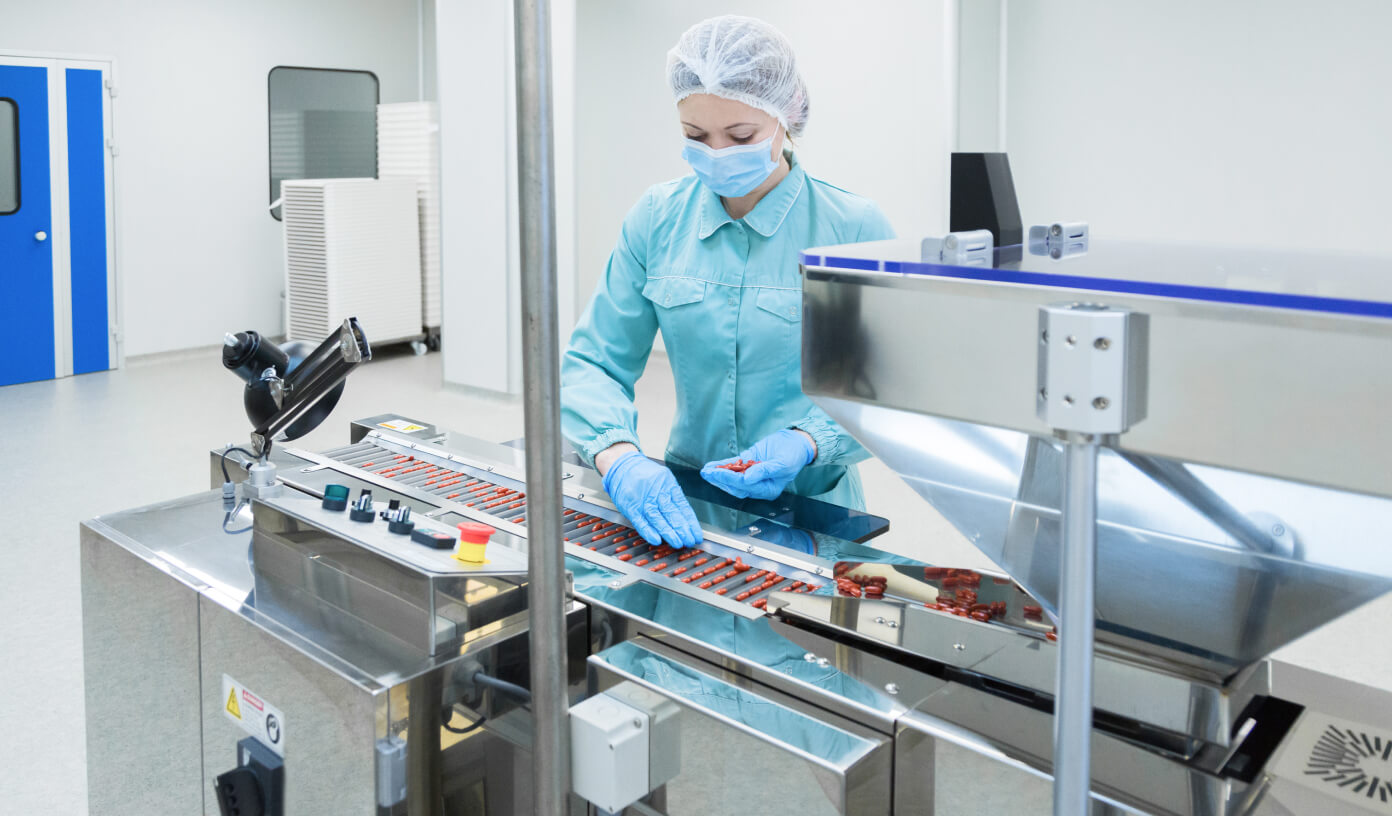07.09.2022
Russian scientists have replaced imported food pulp with an environmentally friendly analogue
 Photo by: Traimak_Ivan / iStock
Photo by: Traimak_Ivan / iStock
Chemists at Perm National Research Polytechnic University (PNRPU) have developed a method for replacing imported cotton pulp with unbleached wood pulp. The material is in demand in the food, medical and pharmaceutical industries, the university’s press service reported.
This is microcrystalline cellulose powder, which is widely used in various industries. It is used as texturiser and emulsifier, fat replacer, filler and anti-caking agent. Food grade cellulose is most commonly found in vitamin supplements or tablets.
Powder pulp is made from cotton or wood fibres, but both are not yet produced in Russia and are imported from abroad.
Scientists at PNIPU have learned how to produce food pulp from unbleached sulphite wood pulp, which is used in papermaking. The chemists assured that the method is cost-effective and the raw material itself is environmentally friendly.
As the scientists explained, sulphite pulp from wood breaks down into fibres after cooking, but retains its natural colour. However, the raw material for the food, medical and pharmaceutical industries is required by standard to be white.
The researchers achieved the desired quality by hydrolyzing the treated pulp with wood acid until it was reduced to powder and then bleaching the final product with hydrogen peroxide. Tellingly, the technology is climate-neutral, i.e. it produces practically no greenhouse gas emissions. Thus, Russia is replacing imported “dirty” products with its own, sustainable ones, contributing to climate neutrality.
“Hydrogen peroxide is an environmentally friendly bleaching agent, unlike sodium hypochlorite, so we consider it preferable to bleach powder pulp with this solution. The use of hydrogen peroxide and sodium hypochlorite for bleaching gave positive whiteness results: 84-85%,” Olga Noskova, Associate Professor of the Department of Chemical Technologies at PNRPU, explained to journalists.
As studies have shown, the Permian scientists’ bleached powder pulp meets quality standards for the production of products, medicines and medical products. The authors of the development have received two patents for their technology.
Earlier, biochemists from Perm Polytechnic created a way to turn glycerine waste into citric acid using the bacteria Yarrowia lipolytica. Citric acid is used in the production of food, medicines, household chemicals and cosmetics. It is usually extracted from molasses, or sugarcane molasses. The new method will produce a valuable raw material with less energy while recycling chemical by-products.
Cover photo: Mindful Media / iStock







































Comments